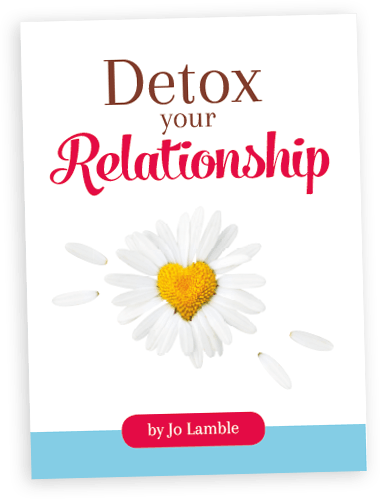 I have a favourite shop near my office from where I buy nearly all my clothes. Today when I walked past, I realised that it’s been quite a while since I’ve been in. I asked myself why and a voice in my head said: Because the retail industry is suffering. People aren’t spending money on clothes. Although I hadn’t realised it, I had changed my spending behaviour because I had heard that others had.
I have a favourite shop near my office from where I buy nearly all my clothes. Today when I walked past, I realised that it’s been quite a while since I’ve been in. I asked myself why and a voice in my head said: Because the retail industry is suffering. People aren’t spending money on clothes. Although I hadn’t realised it, I had changed my spending behaviour because I had heard that others had.
My financial situation has not changed a lot lately. There is no other reason to alter my spending habits, but for the effect of herd mentality. I have even flirted with the idea of online shopping because I have read that everyone’s doing it. What hit me today was the thought that I don’t want my favourite clothes shop to close down. I love the personal service I get. I don’t like the idea of online shopping because I like to try before I buy. I want to make my own decisions based on my family’s circumstances, not the media’s reporting on what everyone else is doing.
It’s easy to spot herd mentality everywhere. If someone else crosses against the walk signal, we are more likely to follow. If a cafe is crowded, we assume it’s good. If we hear that house prices are dropping, we will lower our expectations if we buy or sell. More worryingly, if we see someone in trouble, we might be reluctant to help if everyone else is walking past. There was a frightening case in Sydney recently where a young woman was being attacked in a carpark. Despite her calls for help, a number of passers by did just that – they passed by. My guess is that if witnesses see other people failing to help, they assume that that the assault must be some kind of trap or a set-up. They followed the herd and allowed this woman to be assaulted.
So the next time I am aware that I am responding to herd mentality, I’m going to try to make my own decision based on my own situation and my own values.







